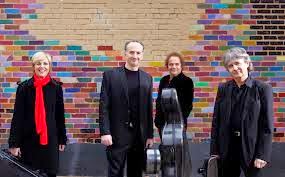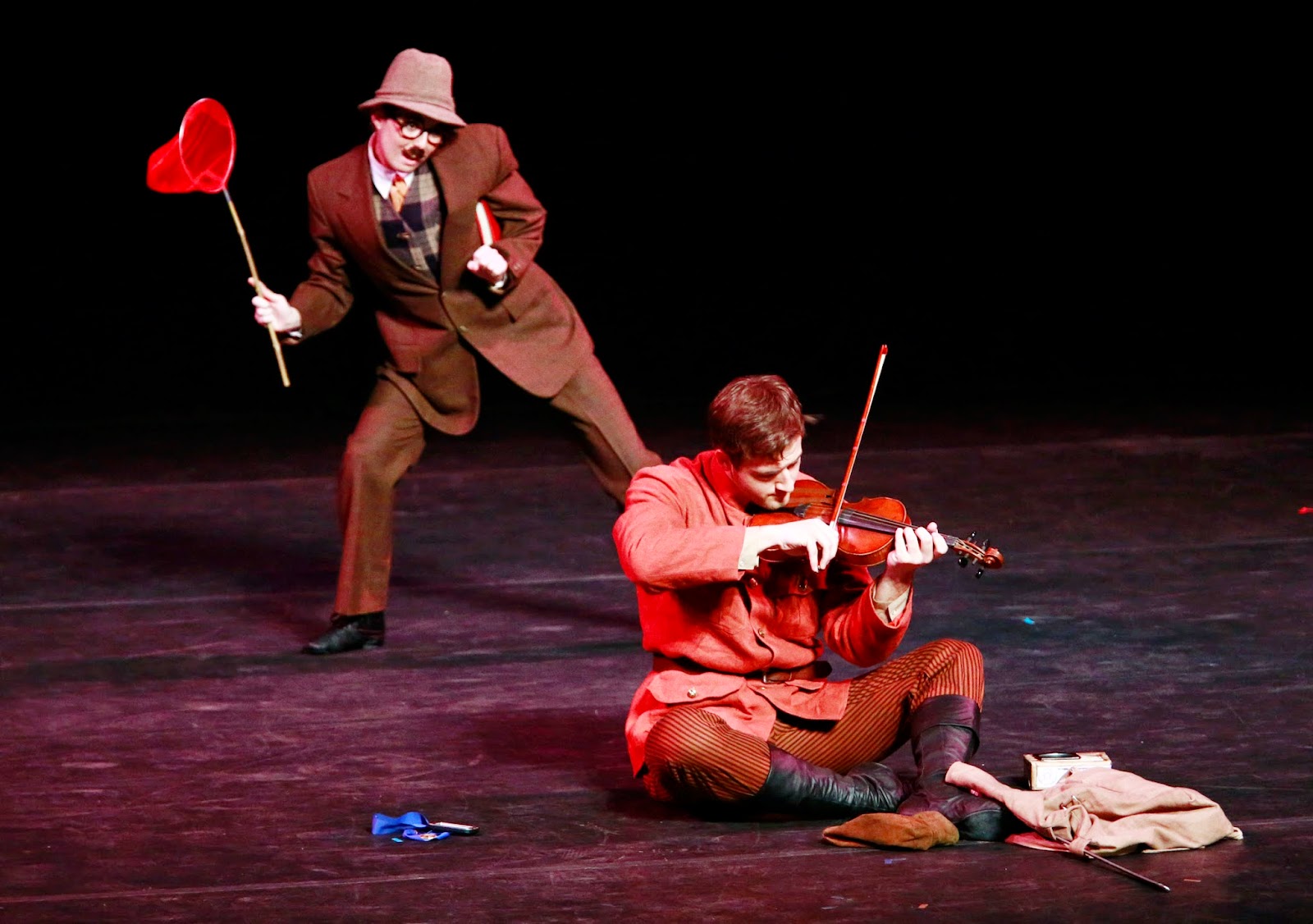Pianist Jerome Lowenthal brings giant reputation to conclusion (temporary?) of Music at Shaarey Tefilla

Many years ago, the verbally prolific composer Ned Rorem — who's probably never said an unkind word about anyone who advocated for his music — heaped praise on Jerome Lowenthal for showing his generation that "intellect and fire are the same thing." Lowenthal had played and recorded Rorem's Third Piano Concerto, created on commission for the pianist, to great acclaim. Many other highlights have marked the career of the Philadelphia-born concert artist and teacher, who at 82 brought special distinction to the Music at Shaarey Tefilla series Monday night. It was the star turn of M@ST's 2013-14 season at the Carmel synagogue. The years may have banked Lowenthal's fires somewhat, but the intellect shone through in a program of Jewish composers, from Felix Mendelssohn to George Rochberg. Jerome Lowenthal played music by Jewish composers Intellect in a performer is probably most valuable when the vehicle is not particularly cerebral. That was the case wit














